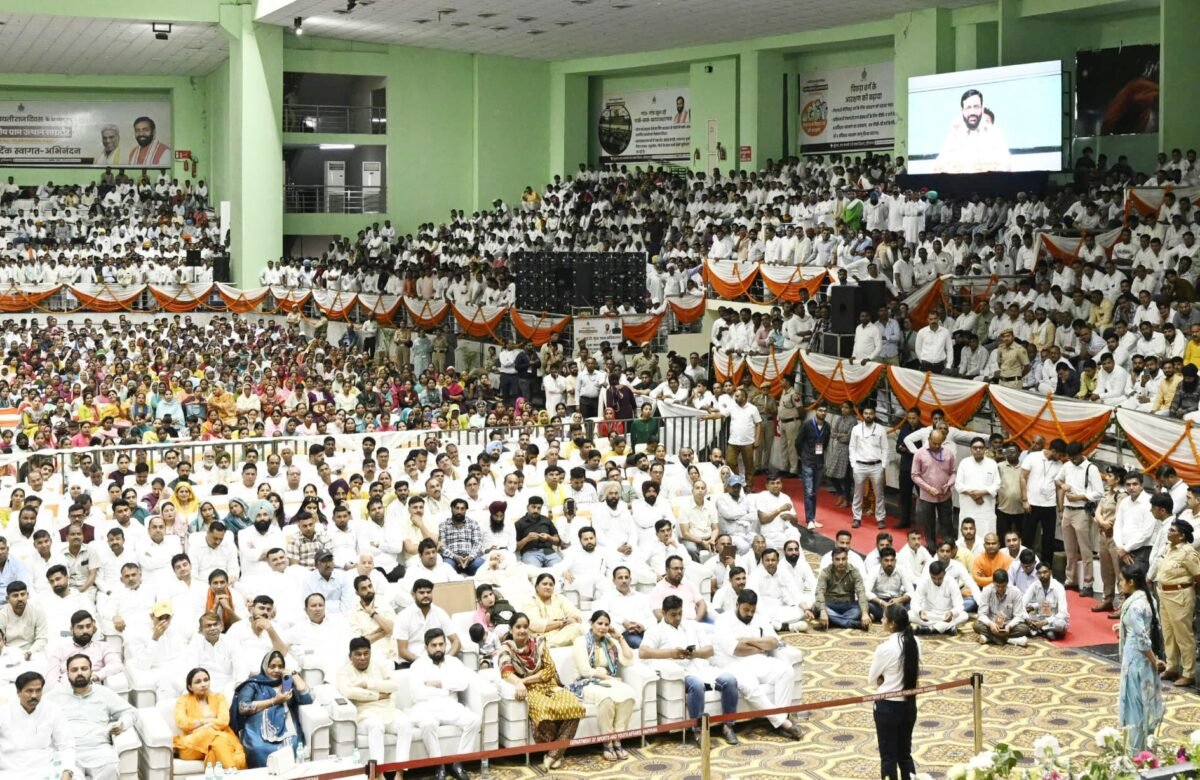
After Pahalgam Terror Attack, India Launches Firm Diplomatic Countermeasures Against Pakistan
- Breaking NewsHEADLINESNATION
- April 24, 2025
- No Comment
- 14
In the wake of the barbaric terror assault in Jammu & Kashmir’s Pahalgam region, where 26 innocent lives were lost in a targeted act of violence, the Indian government has launched a firm and calculated diplomatic retaliation. The incident, which took place at the picturesque Baisaran meadow — a place known for its tranquil beauty — has sent shockwaves across the country, uniting political voices in grief and anger. While mourning continues for those killed, New Delhi has responded not just with condemnation, but with a resolute strategy aimed at isolating Pakistan on multiple fronts.
Describing its response as “measured but firm,” India has unleashed a series of high-impact diplomatic and administrative steps, signaling zero tolerance for cross-border terrorism. These moves, while symbolic in their messaging, are also practically potent in undermining the avenues of engagement and privileges extended to Pakistan.
The first and perhaps the most geopolitically significant decision is the suspension of the 1960 Indus Waters Treaty, a water-sharing agreement brokered by the World Bank and long considered a rare instance of peaceful cooperation between the two neighbors. While this treaty has withstood wars and decades of tension, India’s decision to revisit its commitment underscores the severity with which the current administration views the recent attack. Though technically reversible, the move places a spotlight on the strategic leverage India holds through control over key rivers flowing into Pakistan.
Simultaneously, India has shut down the Integrated Check Post at Attari, the only land route facilitating cross-border trade and movement. This effectively suspends the formal trade channel between the two nations, a step that carries significant economic implications for both sides. It also halts people-to-people contact initiatives, which now stand frozen amid rising distrust and public outrage.
In another decisive step, New Delhi has withdrawn the travel privileges extended to Pakistani nationals under the SAARC Visa Exemption Scheme. This move will particularly impact government officials, journalists, and certain categories of professionals who earlier enjoyed visa-free travel under regional cooperation mechanisms. By severing this channel, India has further tightened the diplomatic noose, signaling that Pakistan’s non-cooperation in counterterror efforts comes at a cost.
Building on this hard stance, India has also revoked all valid visas previously granted to Pakistani citizens. This blanket cancellation halts all current and upcoming travel plans, including for medical tourism, academic engagements, and business visits — areas once seen as buffers amid strained ties. This decision underscores the government’s stand that in the face of terrorism, no soft channels will remain open unless accountability is ensured.
In a move that represents the rising role of digital diplomacy, India has also blocked the official account of the Pakistan government on the platform ‘X’ (formerly Twitter) within Indian digital territory. While symbolic, this action aligns with a growing global trend of controlling digital narratives and restricting access to platforms misused for propaganda or misinformation.
These measures reflect a shift in India’s foreign policy posture — one that prioritizes national security over conventional diplomatic norms. It is a firm message not only to Islamabad but also to the international community, indicating that India will respond with strength and strategy when its sovereignty and civilian lives are targeted.
At a time when global powers are already grappling with shifting geopolitical alliances, India’s counter-response could reignite discussions around cross-border terrorism, treaty obligations, and the role of diplomacy in dealing with rogue acts.
As New Delhi awaits concrete action from Pakistan on bringing the perpetrators to justice, these countermeasures may only be the first step in a broader re-evaluation of bilateral ties. For now, the message is loud and clear — peace cannot be built on the foundation of bloodshed.
#IndiaCounterstrike #PahalgamAttack #DiplomaticRetaliation #IndusTreatySuspension #IndiaPakistanTensions
This is an auto web generated news web story.



